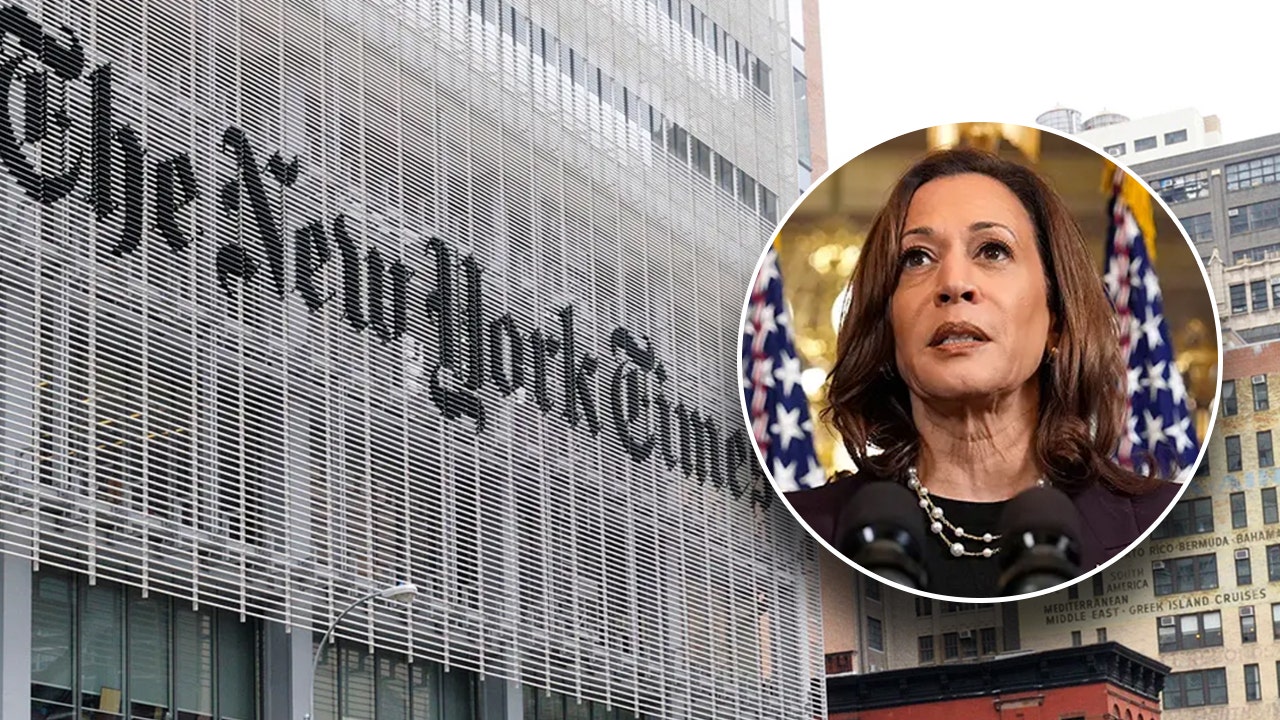International Monetary Fund (IMF) Managing Director Kristalina Georgieva’s warning about the unsustainable level of deficit spending in the United States and its potential impact on both domestic and global growth is resonating deeply with investors.
Speaking Monday at the Milken Institute Global Conference, now in its 27th year, she said the current level of deficit spending of the U.S. was not sustainable and could cripple U.S. and global growth if not managed.
With the U.S. national debt surpassing $34 trillion, and debt servicing consuming more than 17% of federal revenue, concerns about fiscal sustainability are becoming increasingly heightened, prompting domestic and international investors to reassess their strategies and prepare for potential market shifts.
For them, the significance of the U.S. deficit spending and its ballooning debt lies in its ripple effects across financial markets and economies worldwide.
The United States, as the world’s largest economy and issuer of the primary reserve currency, plays a pivotal role in shaping global economic conditions.
Therefore, any disruptions or imbalances in U.S. fiscal policy can reverberate throughout the global financial system.
One immediate concern for investors is the impact on interest rates and inflation. As the government borrows more to finance its deficit, it competes with other borrowers in the market, putting upward pressure on interest rates.
Higher interest rates not only increase borrowing costs for businesses and consumers but also affect asset valuations and investment returns.
Furthermore, inflationary pressures stemming from excessive deficit spending can erode purchasing power and diminish returns on investment, prompting investors to seek inflation-hedging assets such as commodities or inflation-protected securities.
Of course, the growing debt burden raises questions about the sustainability of government finances and the potential for fiscal tightening in the future.
If policymakers are forced to implement austerity measures or raise taxes to rein in the deficit, it could dampen economic growth both domestically and internationally.
Reduced government spending could also have ripple effects on sectors reliant on government contracts and funding, further affecting investor sentiment and market dynamics.
In response to these concerns, investors will be considering adjusting their investment strategies to mitigate risks associated with U.S. fiscal imbalances.
Diversification across asset classes, regions, and currencies becomes paramount as investors seek to spread risk and hedge against potential volatility in domestic markets.
Emerging markets, in particular, may attract greater attention as investors search for higher returns outside of traditional safe-haven assets.
Furthermore, investors may closely monitor central bank policies, especially the Federal Reserve, for signals of monetary policy adjustments in response to fiscal developments.
Any indication of tighter monetary policy to combat inflationary pressures stemming from fiscal expansion could have profound implications for asset valuations and market dynamics globally.
In addition to financial markets, the dollar’s status as the world’s primary reserve currency could also be impacted by sustained deficit spending.
A loss of confidence in the dollar’s stability could prompt investors and central banks to diversify their foreign exchange reserves away from the dollar, potentially leading to a depreciation of the currency and further complicating global trade and financial transactions.
There’s no doubt that the warning from the IMF underscores the importance of fiscal discipline and long-term sustainability in government finances, not only for the United States but also for the stability of the global economy.
Ultimately, the collective response of investors to America’s fiscal challenges — namely its spiralling debt — will not only shape the performance of financial markets, but also influence the trajectory of global and U.S. economic growth and stability in the years ahead.
_______________
London-born Nigel Green is founder and CEO of deVere Group. Following in his father’s footstep, he entered the financial services industry as a young adult. After working in the sector for 15 years in London, he subsequently spent several years operating within the international space, before launching deVere in 2002 with a single office in Hong Kong. Today, deVere is one of the world’s largest independent financial advisory organizations, doing business in 100 countries and with more than $12bn under advisement. It specializes global financial solutions to international, local mass affluent, and high-net-worth clients. In early 2017, it was announced that deVere would launch its own private bank. In addition, deVere also confirmed it has received its own investment banking license.
© 2024 Newsmax Finance. All rights reserved.
Read the full article here





